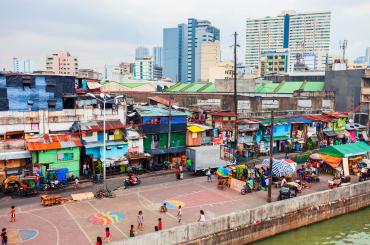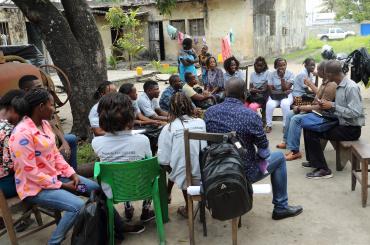

Dean Yang
Professor, Department of Economics and the Ford School of Public Policy, University of Michigan
Dean Yang is a Professor in the Department of Economics and the Ford School of Public Policy at the University of Michigan. His research agenda spans a range of applied microeconomic topics, including international migration, microfinance, health, disasters, trade, religion, and political economy. Methodologically, much of his work involves randomized controlled trials in field settings, while other work involves unearthing and analyzing novel data sources. His past and current field research locations include El Salvador, Guatemala, Indonesia, Malawi, Mozambique, and the Philippines, as well as migrant populations of Filipinos in Italy and the UAE, Indians in Qatar, and Salvadorans and Kenyans in the U.S. He teaches courses in development economics at the Ph.D., master, and undergraduate levels. A native of the Philippines, he received his undergraduate and Ph.D. degrees in economics from Harvard University.
Recent work by Dean Yang
-

How does international migration affect economic development back home?
Income increases for international migrants from the Philippines fostered economic development and investments in education in migrant-origin communities.
Published 09.09.24
-

Community health programmes and HIV/AIDS outcomes in Mozambique
A widely implemented HIV/AIDS programme inadvertently decreased HIV testing by worsening misinformation and HIV-related stigmatising attitudes, but a simple follow-up intervention offset the programme’s adverse effects.
Published 18.04.24
-

Trust versus loss aversion: Why does loss framing work?
A healthcare-based study suggests using loss-framed incentives can lead recipients to perceive them as more trustworthy
Published 04.07.22
-

The downside of raising aspirations for poor entrepreneurs: Evidence from the Philippines
Encouraging the poor to set higher savings aspirations may backfire if they fall short of these goals, leading to less economic investment
Published 20.09.21
-

Temporary agricultural input subsidies have lasting impacts: The Mozambique experiment
Subsidies need not be permanent to benefit farmers. Well-designed policy that encourages experimentation can generate widespread and lasting impacts.
Published 21.10.19